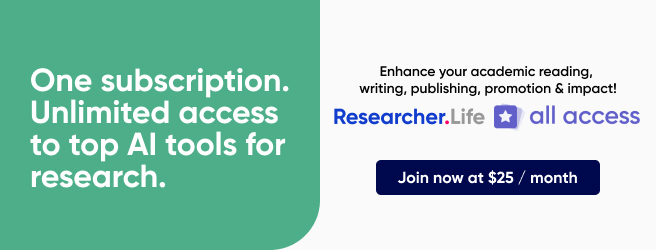Selecting the subject area in your submission form to Editage

An overwhelming trend in the feedback we have collected from authors who have worked with us over the years is this: The editor’s understanding of the subject area is the most important parameter that influences the quality of the edited document. We have reflected this crucial relationship in the way we recruit and train editors, assign documents to editors, and check the quality of editing.
As a result, the subject area you select on your submission form determines how we handle your document and who works on it. In particular, we ensure that your document is assigned to an editor with the best match (in terms of educational background and research experience) to the specific subject area specialization you choose on the form.
While submitting a document, you will see three levels of subject area specialization:
1. The relevant field of study: This is a broad, first-level subject area that helps us identify the possible specializations that your paper might require (e.g., “Physics”).
2. The sub-subject area or specialization: This is the specific subject area that your research paper belongs to, and the list of subject areas you see in this field is a list of all the possible specializations within the first-level subject area chosen in (1). It helps us select the subgroup of editors with the best expertise for your document (e.g., “Solid-state physics”).
3. Sub-disciplines/niche subject areas: As research domains are continuously evolving—leading to the development of niche subject areas and interdisciplinary fields of research—we have included a third level of specialization to accommodate super-specialized areas of research within the specialization chosen in (2).
So, the next time you submit a document to Editage, do spend a couple of minutes thinking about the option on the form that matches your area of research, and we will ensure that we find the best editor for you. As always, please feel free to write to us or call us if you need further assistance with choosing a subject area.
Published on: Oct 24, 2013
Comments
You're looking to give wings to your academic career and publication journey. We like that!
Why don't we give you complete access! Create a free account and get unlimited access to all resources & a vibrant researcher community.

Subscribe to Manuscript Writing












